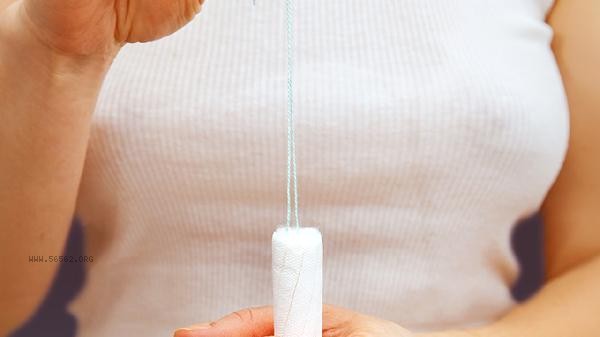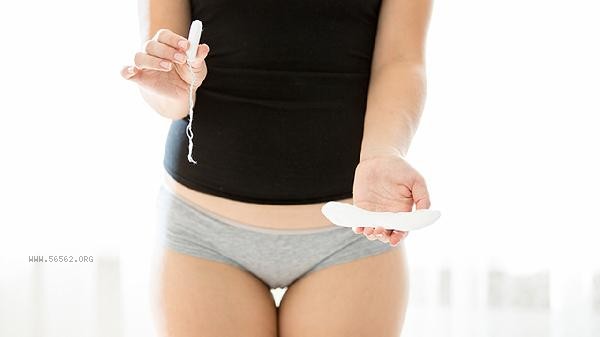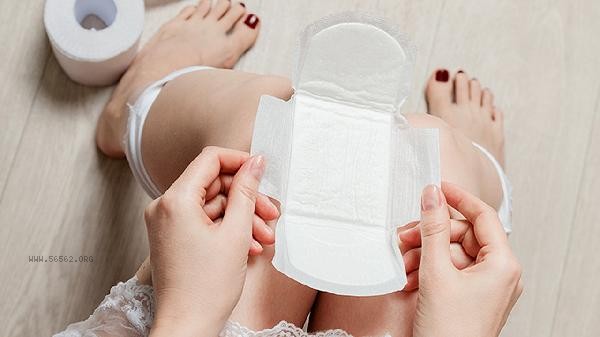The period 7-14 days after menstruation is the best time for weight loss. This period belongs to the follicular phase, where estrogen levels rise, metabolism accelerates, fat burning efficiency improves, and weight loss is more easily achieved with diet control and exercise. Hormonal changes during the menstrual cycle can directly affect a woman's metabolic efficiency and weight loss effectiveness. On the 7th to 14th day after the end of menstruation, it is in the follicular phase, during which estrogen secretion gradually increases and progesterone levels are low. Estrogen can promote fat breakdown, increase basal metabolic rate, and suppress appetite. During this stage, aerobic exercise and strength training can significantly improve fat burning efficiency. Research has found that during this stage of exercise, more calories are consumed at the same intensity compared to other periods, and the duration of fat burning after exercise is longer. In terms of diet, it is advisable to increase the intake of high-quality protein and dietary fiber, control the proportion of refined carbohydrates, which not only ensures nutrition but also promotes fat metabolism. The luteal phase one week before menstruation is not suitable for high-intensity weight loss. At this time, the increase of progesterone level is likely to cause water sodium retention and appetite increase, and the weight may fluctuate. Some women may feel fatigue and emotional fluctuations during this stage, and excessive dieting or vigorous exercise may exacerbate discomfort. However, during the luteal phase, low-intensity exercises such as yoga and walking, combined with a light diet, can still maintain basal metabolism and avoid weight rebound. There are individual differences in hormone levels among women, and it is recommended to adjust weight loss plans based on their own physiological responses to avoid excessive pursuit of short-term results.

Weight loss requires long-term adherence to a healthy lifestyle, and it is recommended that women arrange exercise and diet reasonably according to the characteristics of their menstrual cycle. During the follicular phase, exercise intensity can be appropriately increased, while during the luteal phase, soothing exercise is the main focus to ensure adequate sleep and water intake. Avoid extreme dieting, pay attention to balanced nutrition, and consume more low-fat and high protein foods such as broccoli and chicken breast, combined with aerobic exercise such as swimming and skipping rope. If there are obvious menstrual disorders or abnormal weight fluctuations, timely medical attention should be sought to check hormone levels. Scientific weight reduction should take into account both physiological cycles and individual differences in order to achieve healthy and sustainable body shape management.











Comments (0)
Leave a Comment
No comments yet
Be the first to share your thoughts!